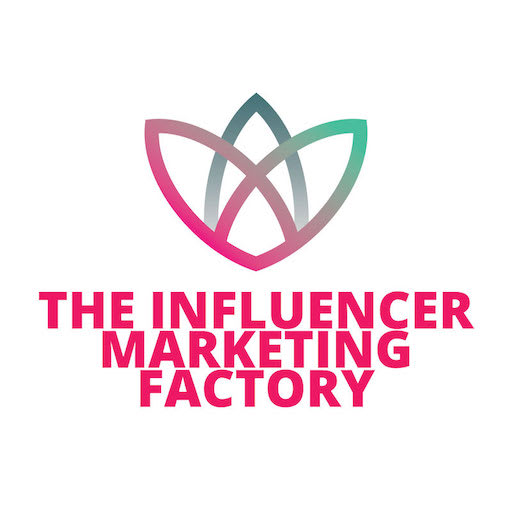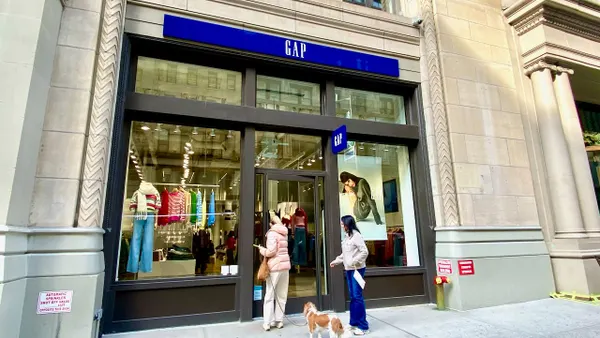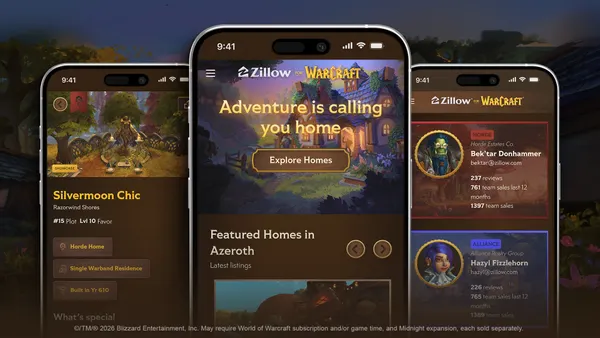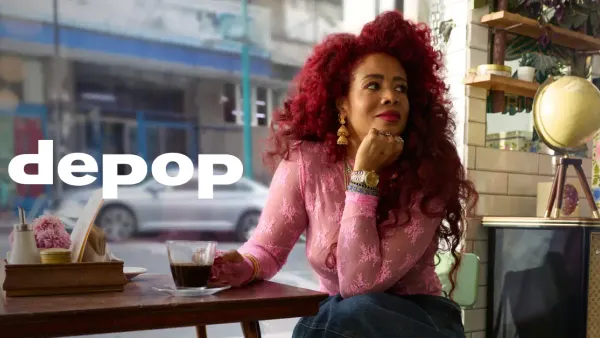Brief:
- Universal Pictures partnered with OmniVirt to promote "Pitch Perfect 3" with augmented reality (AR) banner ads, according to news provided to Mobile Marketer.
- The AR-equipped banners worked on websites without requiring viewers to download a separate app, the release said. Banner placements were targeted at "Pitch Perfect 3" fans and holiday movie-goers and urged them to create branded AR selfies to share on social media.
- The "Pitch Perfect" AR banners saw 10x the number of interactions and click-through rates than 2-D versions, while users spent an average of 30 seconds engaged with the ad, Brad Phaisan, CEO of OmniVirt, said in a statement. Toyota, Clorox, Samsung, Chevron and Johnnie Walker are among the other major brands that have used the ad tech firm's AR banner platform for web campaigns.
Insight:
Universal Pictures is among the movie studios seeking to engage younger audiences with AR and virtual reality (VR) experiences that promote new releases, which typically have a small window of opportunity to lure viewers to the box office. "Pitch Perfect 3" has provided a few examples of how these brands are extending themselves past traditional in-theater, TV and out-of-home ads, with the Omnivirt campaign and also AR beauty filters offered via YouCam apps that let users try on looks from the characters in the film.
Last year, Universal also partnered with OmniVirt for a 10-day campaign to promote the release of "50 Shades Darker," which included a 360-degree immersive video of a masquerade ball. The video was watched 500,000 times, including 100,00 times on Snapchat, and saw a 10x increase in click-through from tests, OmniVirt said in a case study.
One advantage of doing web-based or app-agnostic mobile AR campaigns is that they can be more cost-efficient and have a larger reach than marketing on a single platform like Snapchat, which requires users to download an app and set up a user account. Movie studio Lionsgate in October also created an animated selfie filter to promote "Jigsaw," the latest sequel in the Saw franchise, which included an ad buy across the mobile web.
With the recent rollout of new AR development kits from Apple, Google and Facebook, brands are increasingly beginning to use the technology in their marketing. Worldwide spending on AR/VR is forecast to nearly double this year to $17.8 billion from $9.1 billion in 2017, the International Data Corporation forecast in November. Meanwhile, retailers are expected to spend more than $950 million this year on the technology for showcasing products in-store and online.













